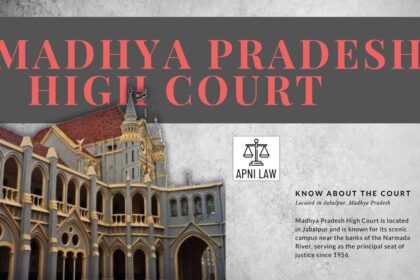Code
[Taking a gratification for the exercise of personal influence with a public servant.] Rep. by s. 31, ibid.
Explanation
Section 163 of the IPC prohibits a public servant from accepting any form of gratification, which is not legally sanctioned, in return for performing, abstaining from performing, or showing any favour or disfavour in his official duty. This act is considered as a form of bribery and is punishable under the IPC.
Illustration
Imagine a police officer who demands money from a citizen to settle a case. The officer is accepting gratification (money) for showing favour (settling the case) to the citizen, thus violating Section 163 of the IPC.
Common Questions and Answers
Q: Who is a “public servant” under this section?
A: A public servant includes any person who is employed in a public service, like a government officer, police officer, judge, etc.
Q: What kind of “gratification” is considered illegal?
A: Any form of reward, benefit, or advantage, monetary or non-monetary, that is not a legitimate payment for official services, is considered illegal gratification.
Q: What is the punishment for violating Section 163?
A: The offender can be punished with imprisonment up to five years, fine, or both.
Q: Is offering a bribe also an offence?
A: Yes, offering a bribe is also an offence under the IPC. Section 171 of the IPC deals with the offence of “Abetment by a Public Servant in Corruption“.







